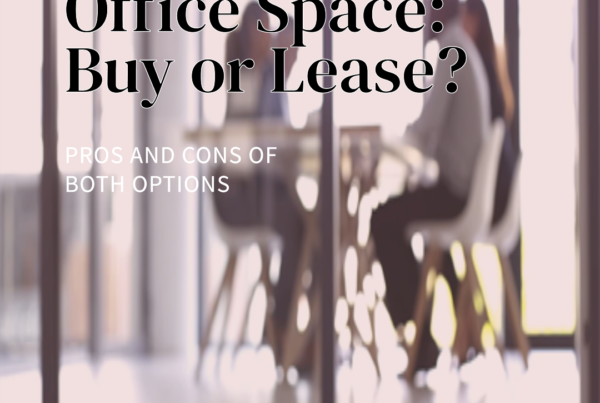
The ongoing pandemic has forced a seemingly countless number of businesses to close or limit their hours of operation. However, there is light at the end of the tunnel. The outlook is good for the pandemic to end at some point in 2021, presenting an opportunity for business to return to a level of normalcy. Let’s take a look at a couple helpful commercial lease tips for Clifton Park business owners during the coronavirus pandemic.
Coronavirus Clauses
The pandemic has given birth to corona virus clauses in commercial leases. New terms added to leases will address global pandemics for posterity’s sake. When in doubt, lean on your attorney for advice. A lawyer will analyze the commercial lease’s COVID provisions and determine each party’s specific responsibilities.
Maintain a Dialogue
The pandemic has had an impact on commercial leases. Both business owners who want to renew their lease and those who are new tenants should take a close look at the commercial lease agreement language. Speak to the lessor in a forthright manner to keep the lines of communication open as they pertain to the commercial space for rent. The expectation is for the lessor to address any questions and concerns ranging from guidelines and safety protocols to insurance risks and more.
Space for Social Distancing
Consider the amount of space necessary to socially distance within the facility. Though the current pandemic will likely come under control this year, there is no guarantee another will not occur in the future. Consider whether your commercial property for rent has enough space to add barriers between workstations. Is there ample room to maintain six feet of distance? If not, consider another commercial property.
Consider the Flexibility and Length of the Lease
If you are thinking about exiting a commercial lease contract, remaining in the current lease or finding a completely new space, it is important that you first review the contract’s terms. The contract’s term-end date is particularly important. Find out if an abbreviated time frame for the lease (or flexibility in another form) is available in the event that your company’s needs shift in the months ahead.
Alterations in the Context of Operations
Coronavirus precautions such as no-touch hand soap dispensers/sanitizer dispensers along with heightened maintenance and nuanced rules for custodial staff will likely be implemented. This is especially true in cases where the landlord handles the site’s maintenance and cleaning. Such alterations might have to be shared with tenants in accordance with the language of the lease agreement. In fact, there might even be a lease addendum, in the event that someone contracts the virus. It is important that you are aware of such policies well ahead of time, so you can react appropriately.
Good Faith
For existing tenants, a landlord might be open to keeping a lease going, during lean times. If you can’t pay the rent in full, perhaps you can work out a payment agreement. If an agreement is reached, stick to the terms; pay the rent and work through the difficult times in order to avoid further disruption to your business.
Think Long-term as Opposed to Short-term
You are your best advocate. Be crystal clear about what you bring to the table as a tenant. If you have a record of paying your rent in full and on time, highlight that when speaking to the landlord. After all, many businesses are struggling to pay the rent during the pandemic. If you are flush with cash, you are the ideal tenant.




